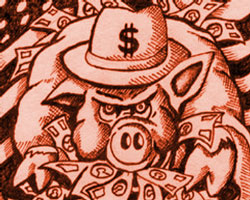 All I can say is the music business is the messiest biz you can get into… It operates on the premise of not paying people what’s due while simultaneously taxing and collecting money on behalf of everyone..For example, all those law suits that the RIAA was doing for people who were illegally downloading.. How much of those millions were given to artists? Which artists and how much? This is sad but not surprising that even the most successful figures in this industry are still owed money because of the way money is kept, not kept and spread around for superfluous expenses.. I suggest anyone trying to get into this biz head on over to www.rapcoalition.org and read everything Wendy Day has posted.. If anyone tells you NOT to learn about this industry or they insist on doing it for you while suggesting you go away and focus on making art and not business, I say run away in the other direction..
All I can say is the music business is the messiest biz you can get into… It operates on the premise of not paying people what’s due while simultaneously taxing and collecting money on behalf of everyone..For example, all those law suits that the RIAA was doing for people who were illegally downloading.. How much of those millions were given to artists? Which artists and how much? This is sad but not surprising that even the most successful figures in this industry are still owed money because of the way money is kept, not kept and spread around for superfluous expenses.. I suggest anyone trying to get into this biz head on over to www.rapcoalition.org and read everything Wendy Day has posted.. If anyone tells you NOT to learn about this industry or they insist on doing it for you while suggesting you go away and focus on making art and not business, I say run away in the other direction..
-Davey D-
Dr Dre Sues Death Row Over Unpaid Royalties
http://news.yahoo.com/s/ap/20100212/ap_on_en_mu/us_people_dr_dre_7
LOS ANGELES – Dr. Dre sued the new iteration of Death Row Records on Thursday claiming the label failed to pay royalties and released a new version of his iconic album “The Chronic” without his permission.
Dre, whose real name is Andre Young, filed the suit in federal court in Los Angeles against WIDEawake Death Row Records and its parent companies.
Young has not been paid royalties on the original “The Chronic” album since he split with Death Row in 1996, the lawsuit states. The label, a one-time powerhouse of rap music artists, eventually fell into bankruptcy but was bought by WIDEawake and re-formed.
Young’s lawsuit claims his attorneys notified the new owners that he was owed royalties, but they have never paid him. He also claims the label issued “The Chronic Re-Lit” and a greatest hits collection without his permission or the proper rights.
WIDEawake Death Row Records has also sold digital copies of “The Chronic” without having the proper rights, the lawsuit states. Young’s original contract with Death Row didn’t include digital distribution rights, according to the suit.
“When it came to paying artist royalties and honoring limits on Dr. Dre recordings that could be released, the “new” Death Row Records, to quote our client, ‘forgot about Dre,'” Young’s attorney Howard King said in a statement. “This lawsuit will make sure they remember.”
An after-hours phone message left for Wide Awake was not immediately returned.
Young’s lawsuit seeks unspecified damages of more than $75,000 for several claims, including breach of contract, false advertising, trademark infringement and misappropriation of publicity.
“The Chronic” was first released in 1992. Since then, Young has remained a top rap producer working with best-selling artists such as Snoop Dogg, Eminem and 50 Cent.



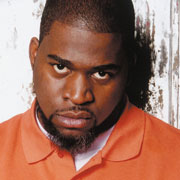
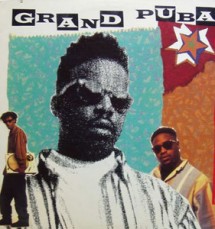
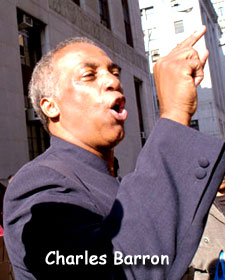





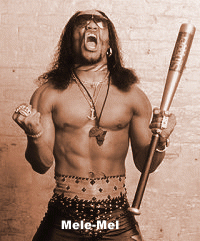


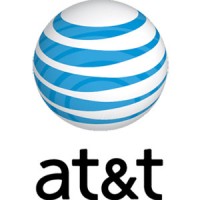



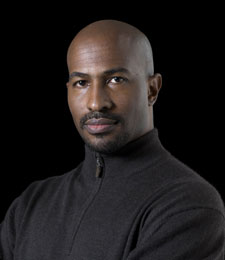

 The Supreme Court’s seismic January ruling that corporations are free to spend unlimited amounts of their profits to advertise for or against candidates may have been the latest shakeup of campaign finance – but gaping holes already allow corporations to spend enormous sums without leaving a paper trail, a Raw Story investigation has found.
The Supreme Court’s seismic January ruling that corporations are free to spend unlimited amounts of their profits to advertise for or against candidates may have been the latest shakeup of campaign finance – but gaping holes already allow corporations to spend enormous sums without leaving a paper trail, a Raw Story investigation has found.